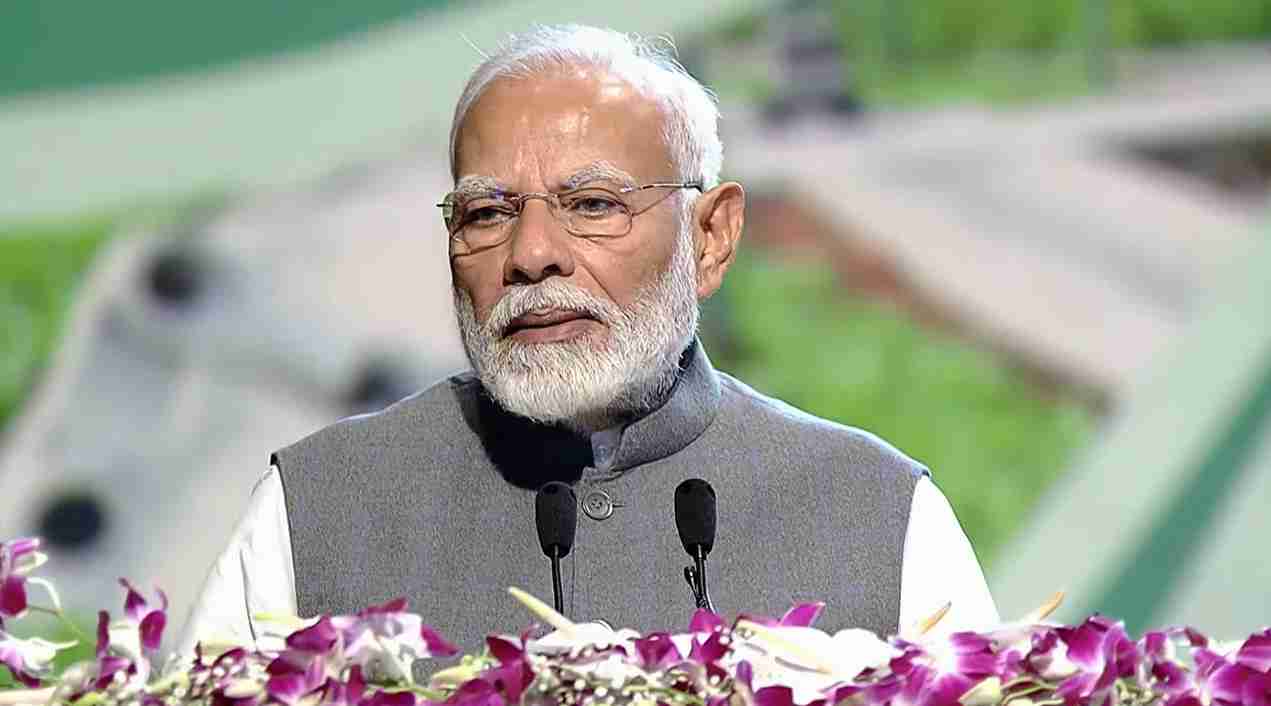Prime Minister Narendra Modi has officially inaugurated the 32nd International Conference of Agricultural Economists (ICAE), focusing on “Transformation Towards Sustainable Agri-Food Systems.” The conference, taking place at the India International Centre, aims to tackle the critical issues surrounding modern agriculture and promote global collaboration for sustainable solutions.
In his opening address, Modi emphasized the urgent need for innovation in agricultural practices to address the myriad challenges the sector faces. “We are confronted with significant challenges in agriculture, including the impacts of climate change, the degradation of natural resources, escalating production costs, and conflicts affecting food security. This conference is a pivotal moment for us to explore transformative strategies that can ensure a sustainable future for our agri-food systems,” Modi said.
The ICAE conference brings together a wide array of experts, including agricultural economists, researchers, policymakers, and practitioners. Over the course of the event, attendees will engage in discussions on critical topics such as climate-smart agriculture, efficient resource management, and the economic implications of sustainable farming practices. The goal is to generate actionable insights and foster collaborations that can lead to practical solutions.
Modi also highlighted India’s commitment to leading global efforts in sustainable agriculture. He pointed out the importance of sharing knowledge and best practices to tackle the complex challenges facing the sector. “Our collective expertise and collaborative efforts are key to developing solutions that are not only effective but also adaptable to different regional contexts,” he noted.
The conference will feature a series of sessions and workshops designed to address various aspects of agricultural economics. These include examining innovative farming techniques, policy frameworks, and technological advancements that can drive progress in sustainable agriculture.
As the conference progresses, it is expected to yield important recommendations and strategies that will inform future policies and practices. The outcomes will likely influence how countries approach agricultural sustainability and address the environmental and economic challenges that affect global food systems.
The 32nd ICAE serves as a crucial platform for advancing the discourse on sustainable agriculture and underscores the global commitment to creating resilient and sustainable agri-food systems. The focus on transformation and innovation reflects the growing recognition of the need for comprehensive solutions to ensure the long-term viability of agriculture in the face of evolving challenges.



